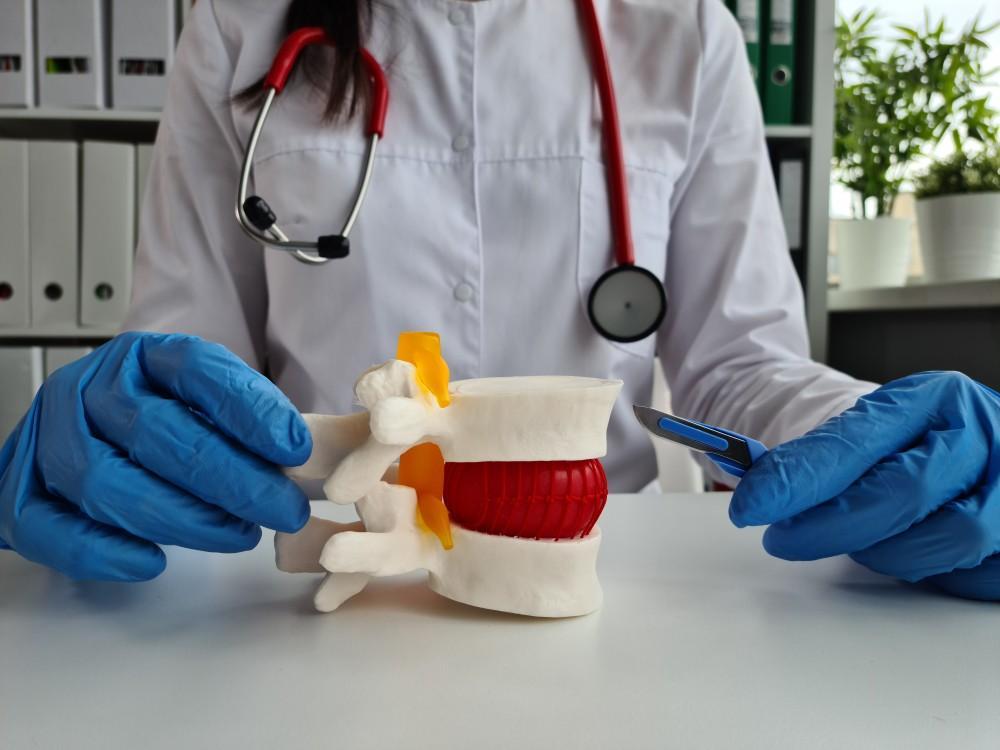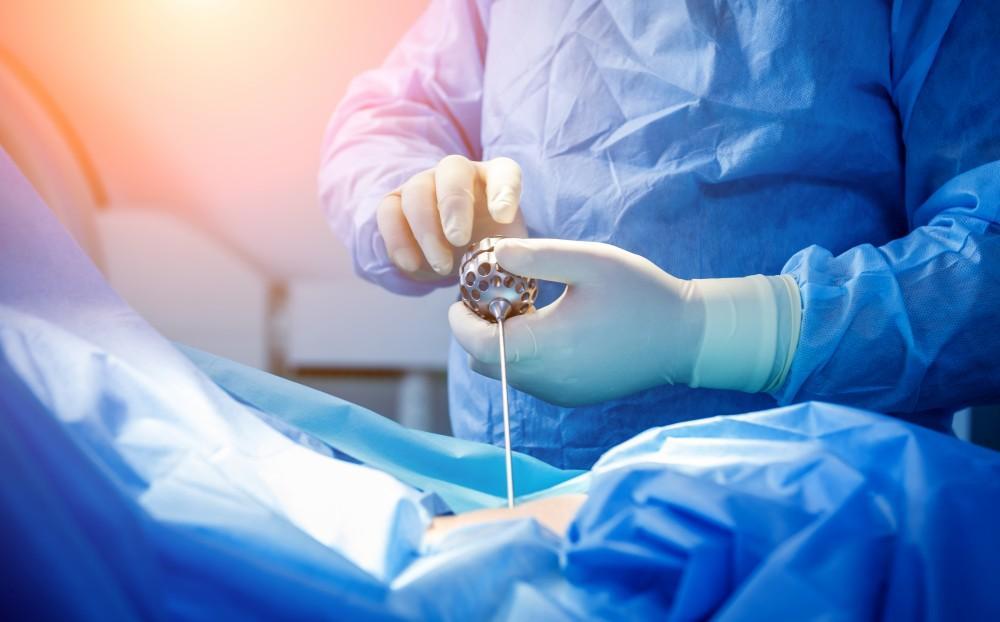Spinal discs provide shock absorption and spacing for the vertebrae of the spine. Sometimes, these discs can fail, particularly in the lower back and neck, with the inner gel escaping the sturdy outer ring.
This failure, called disc herniation, can cause pain as well as compromise the mobility of your spine, which can also occur through natural wear and tear, a condition called degenerative disc disease.
Spine surgeon Sanjay Khurana, MD, in Marina Del Rey, California, specializes in artificial disc replacement procedures — an approach to consider when damaged discs can’t heal. It can be an alternative to spinal fusion or other open surgery techniques.
Artificial disc replacement isn’t suitable for all spinal disc problems or patients with lumbar or cervical disc issues. Today, we look at the artificial disc replacement process and who is — and who is not — a candidate for the procedure.
Artificial disc replacement
The concept behind disc replacement is simple. When a worn or damaged natural disc no longer supports its role in your spine health, Dr. Khurana removes it and replaces it with a prosthetic that duplicates the functions of the original disc.
Due to the reduced impact on healthy tissue surrounding the affected discs, contemporary disc replacement surgery is usually done with minimally invasive techniques, meaning less pain, less bleeding, and faster recovery for most patients.
The prosthetic disc restores vertebrae spacing, cushioning, and mobility. Spinal fusion surgically connects the vertebrae on each side of a damaged disc, and it can cause deterioration of the vertebrae above and below the point of fusion, which could lead to additional surgeries down the road.
Disc replacement surgery is usually done in the lower back (lumbar spine) or the neck (cervical spine), the parts of the spine most often subject to disc deterioration and herniation.
Minimally invasive artificial disc replacement procedures are often performed on an outpatient basis, meaning that you can be home to recover on the day of your surgery.
Why would I not be a candidate for artificial disc replacement?
Candidates for disc replacement procedures must meet specific criteria to ensure the best possible chances for success from the surgery. Artificial disc replacement might not be the best answer if you have certain spinal conditions or medical history elements.
If you have any of the following issues, you may not be a candidate:
- Your back pain stems from multiple locations in your spine
- You’ve had previous spine surgeries
- You’re obese
- You have scoliosis or other deformities of the spine
- You have significant joint disease affecting the spine
- There’s substantial nerve compression occurring in the spine
- You have a systemic (full-body) infection, including pneumonia
- There’s an infection or rash at the target area of the spine
- You are allergic to metals or other materials used in a disc prosthetic
- Your bone density is low
- You have traumatic injury damage to vertebrae
You can make a telehealth appointment with Dr. Khurana or visit our closest office for a physical examination and consultation. Book your appointment online or by phone today.




